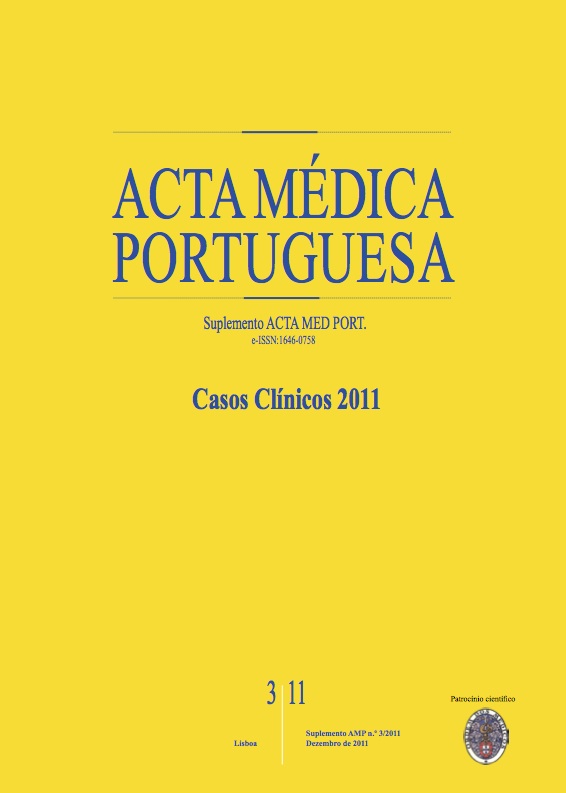Eating disorders and type 1 diabetes: about 4 clinical reports.
DOI:
https://doi.org/10.20344/amp.1550Abstract
Type 1 Diabetes mellitus is a chronic disease, often diagnosed in youth and associated with important psychological, familial and social disorders. Its intensive treatment with insulin and dietary changes is an extra stress factor in a stage of life already complicated. This vulnerability, coupled with low self-esteem and psychological factors typical of the youth, makes eating disorders twice as common in young girls with type 1 diabetes. The omission of insulin is the sole purging behavior used to lose weight, culminating in a poor glycemic control and increased acute and chronic complications. The treatment seeks to achieve specific objectives, depending on the associated psychiatric pathology. Because of its frequency, the clinician should be alert to early manifestations of this association. We present four clinical cases of young people with type 1 diabetes and eating disorders, which show the complexity of the approach and monitoring of these patients.Downloads
Downloads
How to Cite
Issue
Section
License
All the articles published in the AMP are open access and comply with the requirements of funding agencies or academic institutions. The AMP is governed by the terms of the Creative Commons ‘Attribution – Non-Commercial Use - (CC-BY-NC)’ license, regarding the use by third parties.
It is the author’s responsibility to obtain approval for the reproduction of figures, tables, etc. from other publications.
Upon acceptance of an article for publication, the authors will be asked to complete the ICMJE “Copyright Liability and Copyright Sharing Statement “(http://www.actamedicaportuguesa.com/info/AMP-NormasPublicacao.pdf) and the “Declaration of Potential Conflicts of Interest” (http:// www.icmje.org/conflicts-of-interest). An e-mail will be sent to the corresponding author to acknowledge receipt of the manuscript.
After publication, the authors are authorised to make their articles available in repositories of their institutions of origin, as long as they always mention where they were published and according to the Creative Commons license.









